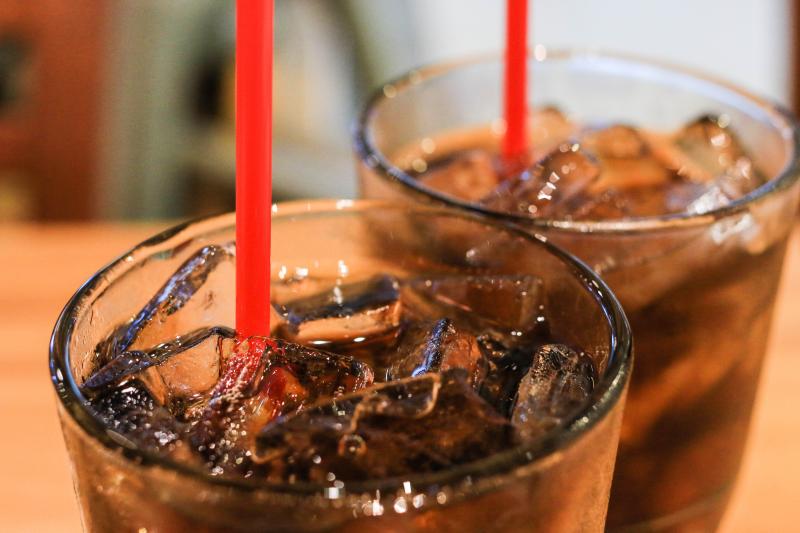
Drinking coffee, tea, or soda may trigger gastroesophageal reflux (GER), whereas water, juice, or milk does not, according to a study.
Researchers used data from 48,308 women who participated in the prospective Nurses’ Health Study II. At baseline, these women were aged 42–62 years, were free of regular GER symptoms, without cancer, and not taking proton pump inhibitors or H2 receptor agonists.
Women with the highest intake of coffee were more likely to be current smokers, while those who consumed the greatest amount of tea were more active and were less likely to smoke. On the other hand, women with the highest intake of soda were less active, more likely to have diabetes, and more likely to be on prescription medications that may relax the lower oesophageal sphincter.
Over 262,641 person-years of follow up, 7,961 women reported having GER symptoms at least once per week. In multivariate Cox proportional hazards models, the highest vs lowest intake (>6 vs servings/day) of the following beverages contributed to an increased risk of GER symptoms: coffee (hazard ratio [HR], 1.34, 95 percent confidence interval [CI], 1.13–1.59; p<0.0001), tea (HR, 1.26, 95 percent CI, 1.03–1.55; p<0.001), and soda (HR, 1.29, 95 percent CI, 1.05–1.58; p<0.0001).
Results followed a similar trend when analysis was stratified according to caffeine status. There was no association seen for milk, water, or juice consumption.
In a substitution analysis, replacing two servings/day of coffee, tea, or soda with the same serving amount of water reduced the risk of GER symptoms by about 8 percent (coffee: HR, 0.96, 95 percent CI, 0.92–1.00; tea: HR, 0.96, 95 percent CI, 0.92–1.00; soda: HR, 0.92, 95 percent CI, 0.89– 0.96).
Therefore, clinicians managing patients with heartburn symptoms should promote drinking more water in place of coffee, tea, and soda. These may be especially effective when combined with other lifestyle interventions, such as maintaining a healthy weight and not smoking.